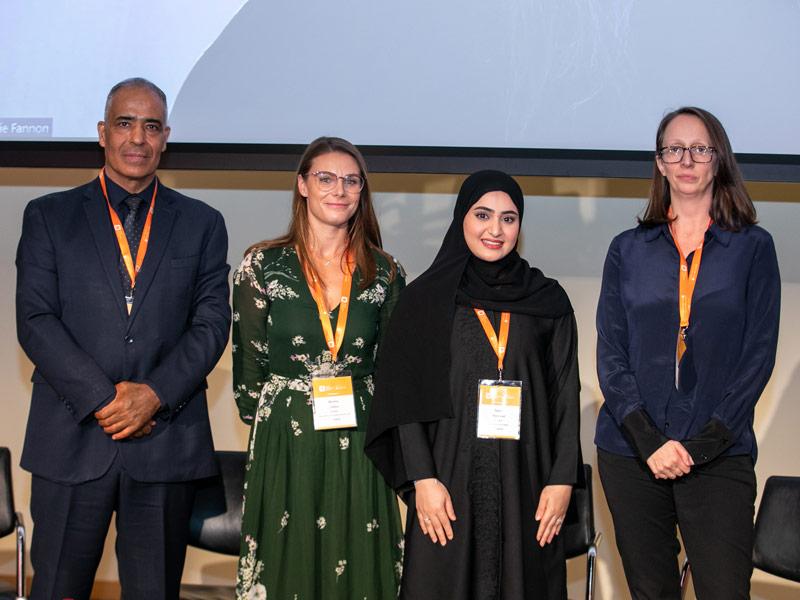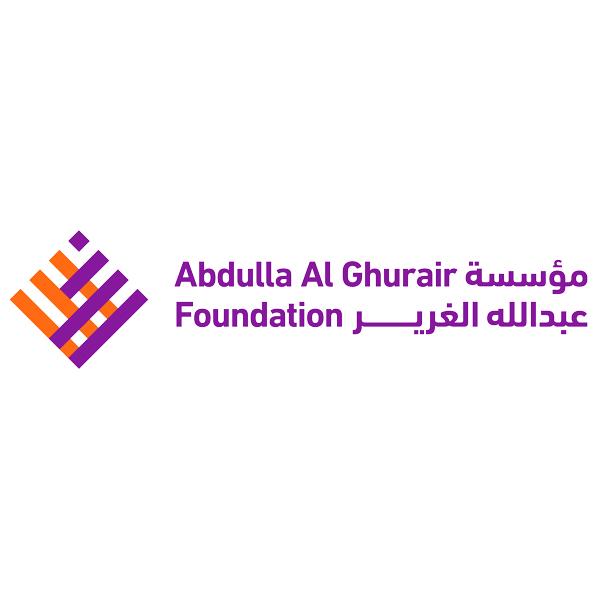
Improving graduate success through experiential learning
Incorporating hands-on training into student internships can create more engaged students and successful graduates

Experiential learning, also known as work-integrated learning, is a catalyst for holistic talent development, a panel heard at the 2023 THE MENA Universities Summit.
Exposing learners to work environments greatly benefits both students and organisations – if done right, said Azza Aljuwaied, account technology strategist at Microsoft and member of the inaugural Youth Advisory Council of the Abdulla Al Ghurair Foundation, during a discussion held in association with the foundation. “Let [students] be accountable. Give them challenges,” said Aljuwaied, adding that students are sometimes expected to be passive observers during internships. This means “you don’t really learn what it’s like to be part of the corporate world, how to make change or how to be successful”, she said.
Although graduates may have the technical skills to perform a role, they often lack the social skills to succeed in the workplace. Experiential learning opportunities provide students with the chance to acquire interpersonal skills necessary for professional success. Aljuwaied said the experiential learning programme at Microsoft showed her how effective a well-designed internship can be. She urged businesses to allow students to lead projects and to give them responsibilities. “We need to give them a voice to speak, to reach out, to help us cut into the gap between us and them. This gap will never be reduced if only one side works.”
These experiences also benefit businesses, said Monika Carlton, senior talent recruiter for the Middle East and Africa at Emerson. “This is a huge opportunity for the company to create a sustainable pipeline of talent for the future,” she said. “We can show [students] our culture of value, how we work, train them and give them the opportunity to learn life skills.” Engaging with young talent can also help to diversify the workforce, Carlton said.
Engaging in experiential learning can help students to meet the needs of their potential future employers. However, universities need to prepare them for these engagements, said Yousef Al-Assaf, president of the Rochester Institute of Technology (RIT) in Dubai. The RIT 365 course prepares students in their first semester for the professional demands they will face once they enter the workforce. The university partners with companies such as Amazon to facilitate hands-on learning opportunities for students.
“Experiential learning is strongest when it is most authentic,” explained Anne-Marie Fannon, director of the Work-Learn Institute at the University of Waterloo. “The closer you can treat a student as an employee, the more real work you can give them, the better outcomes for the organisation, the students and the higher education institution.”
Fannon outlined the key components of successful experiential learning programmes. The labour market needs to be receptive, with employers willing to think differently about the roles they give students within their organisations. Universities should have expertise in implementing such programmes, but having dedicated students is another requirement. Government support through resources and incentives and the removal of legislative barriers is vital, Fannon said.
“Sometimes they get reduced to this idea of students’ jobs. In fact, it's a very complex ecosystem,” she said. Fannon said that the partnership with the Abdulla Al Ghurair Foundation allows schools to connect with the necessary stakeholders to discuss the initiatives, incentive structures and policies that need to be in place for success.
The panel:
- Yousef Al-Assaf, president, Rochester Institute of Technology
- Azza Aljuwaied, account technology strategist, Microsoft, and member of the Al Ghurair Foundation Youth Advisory Council
- Monika Carlton, senior talent recruiter for the Middle East and Africa, Emerson
- Anne-Marie Fannon, director, Work-Learn Institute, University of Waterloo
- Elizabeth Shepherd, managing director of consultancy services, Times Higher Education (chair)
Find out more about the Abdulla Al Ghurair Foundation.

